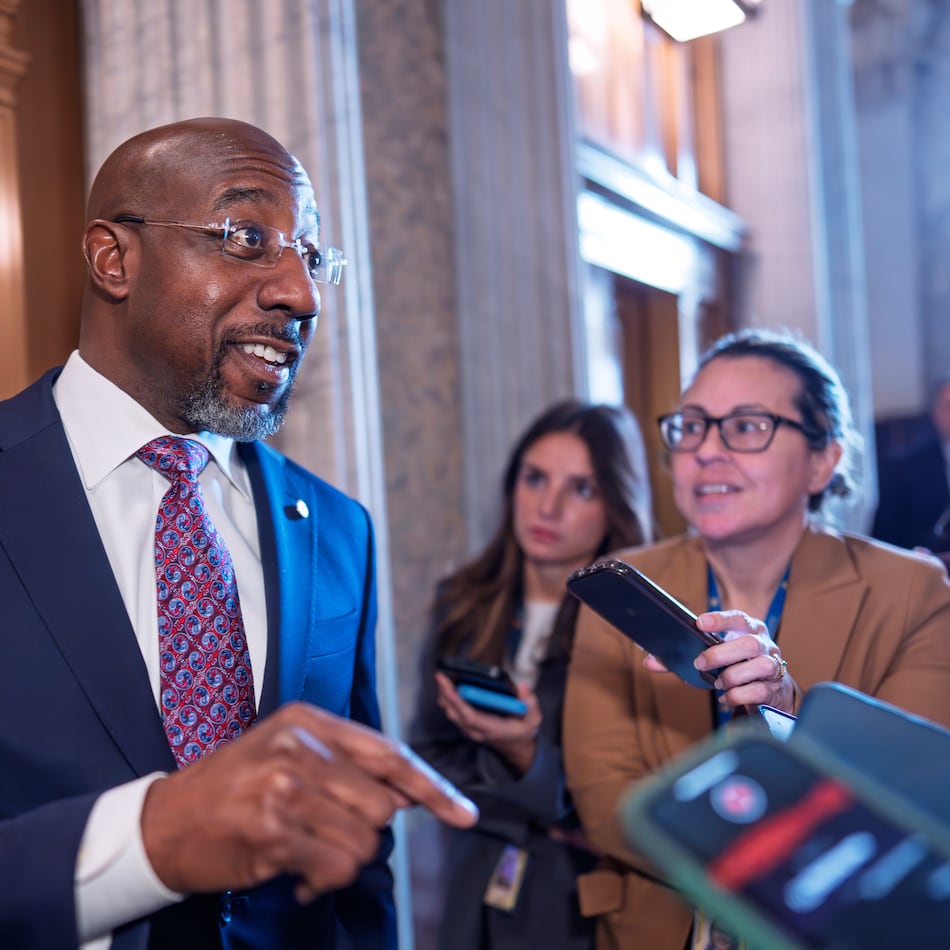Do you know your stuff? This November, it’s not just candidates on the ballot — in Georgia, important issues are at play that will impact folks across party lines. We’ve talked to voters from the Georgia coast to the northern and eastern borders of our state. And you’ve told us the things that matter most to you: crime and gun violence, economy, health, housing and immigration.
Credit: Mike Luckovich
Credit: Mike Luckovich
My name is Michael E. Kanell. For more than two decades, I have been writing about economic issues for The Atlanta Journal-Constitution. I also co-authored Presimetrics, a 2010 book about the impact presidents have — and don’t have — on the economy. Even with some caveats, this year’s election will shape how much — and what kind of — growth we see in Georgia and the nation.
Ask your questions below. Let us help you know your stuff. It will help us, too! Your top submitted questions will be answered ahead of the election.
So here are some basics that will help start the discussion.
Unemployment in Georgia: 3.3% as of June
The state’s jobless rate, which has been lower than the national average since early 2020, is far below its all-time high of 12.4% during the pandemic. As hiring has decelerated this year, the rate has edged up slightly, but it is still at historically low levels. Five years ago, Georgia’s jobless rate was 3.5%.
Inflation rate, metro Atlanta: 2.6%, June
The package of prices that make up the metro Atlanta inflation rate has fallen dramatically since peaking in June 2022 at 11.5% — one of the nation’s worst metro price spikes that year. Fueling the problem was federal spending meant to cushion pandemic problems, snarled global supply chain, historically low borrowing rates and the willingness of some large companies to exploit their market advantage. Many prices — gas, groceries, rents — have stopped soaring, although some insurance premiums are still rising fast and consumers keep feeling the pinch.
The Federal Reserve got a late start fighting inflation, but lifted interest rates steadily in 2022-2023, and is now expected to start dropping them in the fall.
Wages: up an average of 4.7% year-over-year
Everyone’s pay is different, but on average, working Americans saw paychecks fall behind prices in the spring of 2021 and catch up in 2023, according to the Bureau of Labor Statistics.
So, for more than a year, wage increases have been outpacing prices. But the question for many households is whether they are on solid footing still or are making up lost ground.
About the Author
Keep Reading
The Latest
Featured





